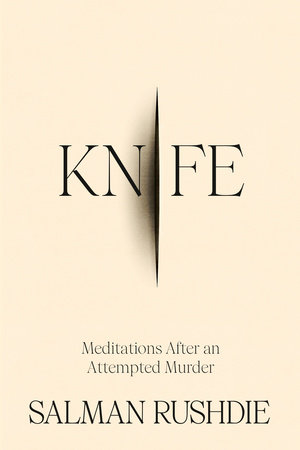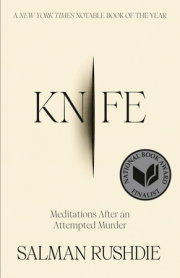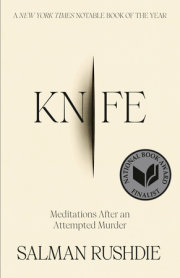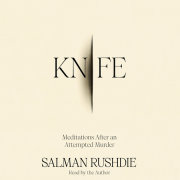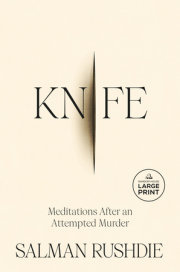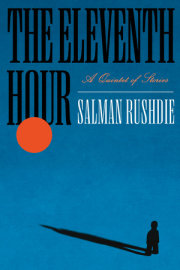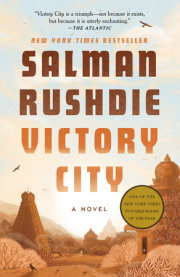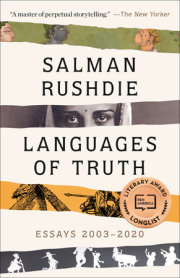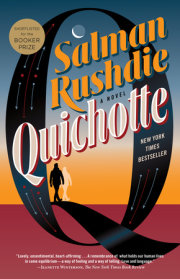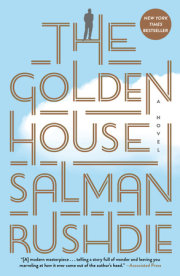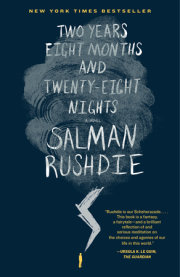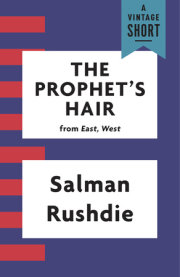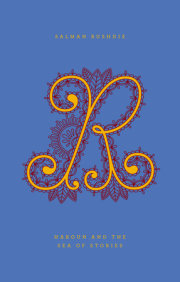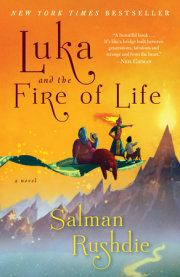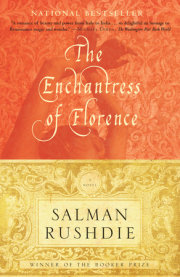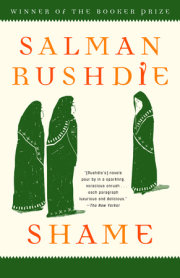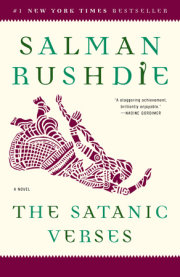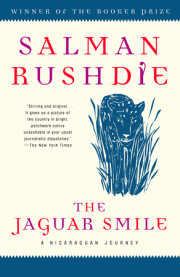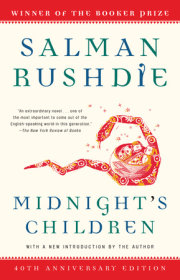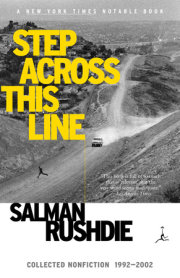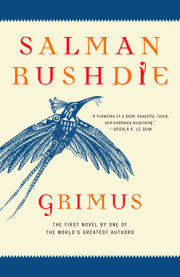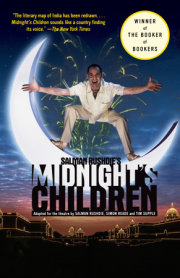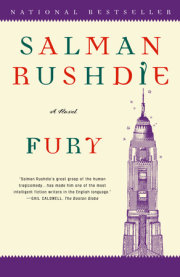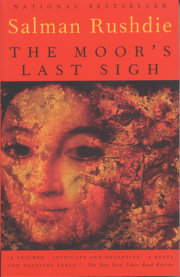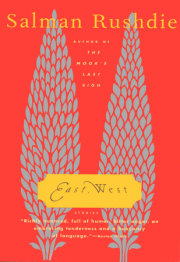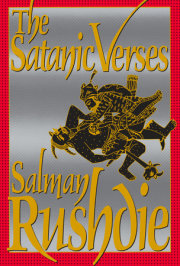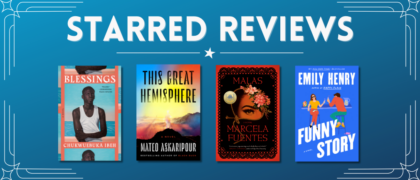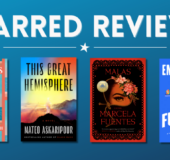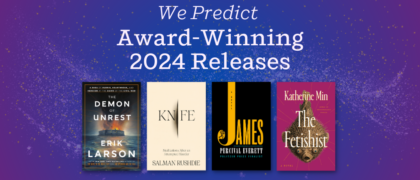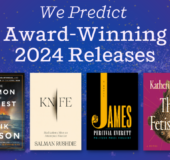Chapter 1KnifeAt a quarter to eleven on August 12, 2022, on a sunny Friday morning in upstate New York, I was attacked and almost killed by a young man with a knife just after I came out on stage at the amphitheater in Chautauqua to talk about the importance of keeping writers safe from harm.
I was with Henry Reese, co-creator, along with his wife, Diane Samuels, of the City of Asylum Pittsburgh project, which offers refuge to a number of writers whose safety is at risk in their own countries. This was the story Henry and I were at Chautauqua to tell: the creation in America of safe spaces for writers from elsewhere, and my involvement in that project’s beginnings. It was scheduled as part of a week of events at the Chautauqua Institution titled “More Than Shelter: Redefining the American Home.”
We never had that conversation. As I was about to discover, on that day the amphitheater was not a safe space for me.
I can still see the moment in slow motion. My eyes follow the running man as he leaps out of the audience and approaches me, I see each step of his headlong run. I watch myself coming to my feet and turning toward him. (I continue to face him. I never turn my back on him. There are no injuries on my back.) I raise my left hand in self-defense. He plunges the knife into it.
After that there are many blows, to my neck, to my chest, to my eye, everywhere. I feel my legs give way, and I fall.
Thursday, August 11, had been my last innocent evening. Henry, Diane, and I had strolled without a care through the grounds of the Institution and had a pleasant dinner at 2 Ames, a restaurant on the corner of the green park area called Bestor Plaza. We reminisced about the talk I’d given eighteen years earlier in Pittsburgh about my part in creating the International Cities of Refuge Network. Henry and Diane were at the talk and were inspired to make Pittsburgh an asylum city, too. They began by funding one small house and sponsoring a Chinese poet, Huang Xiang, who strikingly covered the exterior walls of his new home with a poem in large white-painted Chinese letters. Gradually, Henry and Diane expanded the project until they had a whole street of asylum houses, Sampsonia Way, on the city’s North Side. I was happy to be in Chautauqua to celebrate their achievement.
What I didn’t know was that my would-be killer was already present on the grounds of the Chautauqua Institution. He had entered using a false ID, his fake name constructed out of the real names of well-known Shia Muslim extremists, and even as we walked to dinner and back again to the guesthouse where we were staying, he, too, was there somewhere, he had been there for a couple of nights, wandering around, sleeping rough, checking out the site of his intended attack, making his plan, unnoticed by any surveillance camera or security guard. We could have run into him at any moment.
I do not want to use his name in this account. My Assailant, my would-be Assassin, the Asinine man who made Assumptions about me, and with whom I had a near-lethal Assignation . . . I have found myself thinking of him, perhaps forgivably, as an Ass. However, for the purposes of this text, I will refer to him more decorously as “the A.” What I call him in the privacy of my home is my business.
This “A.” didn’t bother to inform himself about the man he had decided to kill. By his own admission, he read barely two pages of my writing and watched a couple of YouTube videos of me, and that was all he needed. From this we can deduce that, whatever the attack was about, it wasn’t about
The Satanic Verses.
I will try to understand what it was about in this book.
Copyright © 2024 by Salman Rushdie. All rights reserved. No part of this excerpt may be reproduced or reprinted without permission in writing from the publisher.

